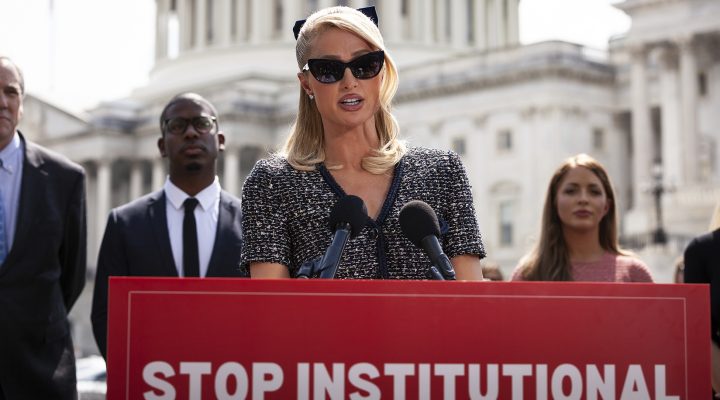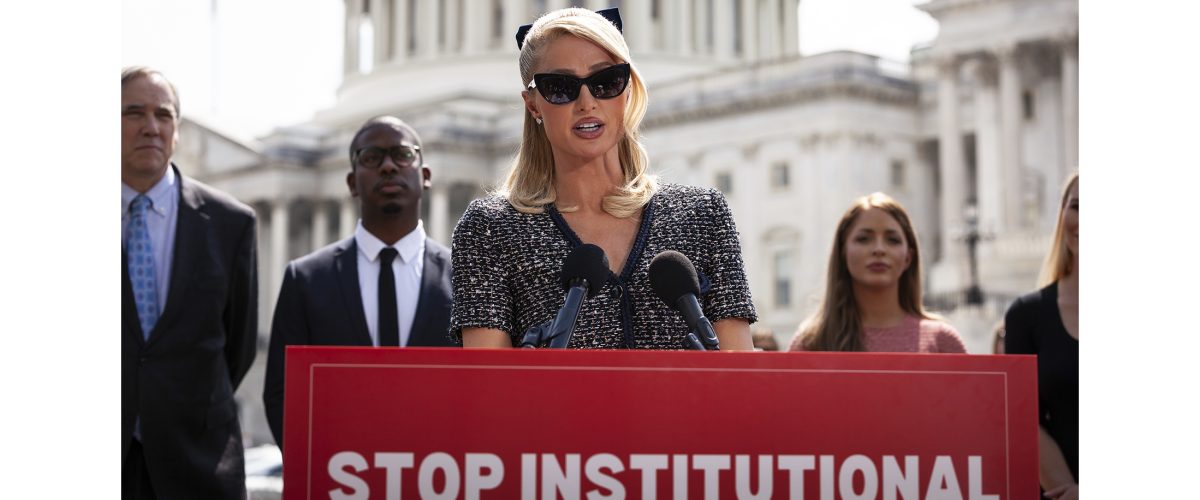A week before Christmas, the U.S. House of Representatives passed the Stop Institutional Child Abuse Act in a bipartisan — and nearly unanimous — vote of 373-33. Earlier in the week, the Senate passed the bill unanimously, and President Joe Biden signed it into law Dec. 23.
The bill aims to reform the troubled teen industry, which receives millions of dollars in revenue from government funds each year but lacks federal oversight. Many youth are placed in these facilities against their will, sometimes being kidnapped by employees with a parent’s consent, and subjected to behavior modification regimes in attempts to improve “whatever parents may deem wrong with their teenage kids.”
Rather than utilizing clinically based or trauma-informed care, these institutions typically employ abusive methods of control and torture against teens, including restricted access to food, sexual abuse, emotional manipulation and restricted access to communication with anyone outside the facility. In turn, these institutions are advertised to parents as helpful, peaceful and rehabilitative environments for their children, and without direct communication with their children are unaware the abuse is happening at all.
Advocates have attempted to list and count the number of teens who have died at these facilities, such as this list titled “1,000 places you don’t want to be as a teenager.” But due to the lack of federal oversight, the cause of many deaths, as well as the true number of deaths, at such facilities is unknown.
“Let’s show the world that we believe every child matters. That their lives and well-being matter.”
The Stop Institutional Child Abuse Act was heavily endorsed by heiress, model, actor, DJ and longtime advocate Paris Hilton, who is a survivor of institutional child abuse herself. During her teenage years, she spent time at multiple rehab and residential facilities where she faced various forms of physical, psychological and sexual abuse. As an adult, she has been an advocate for youth in residential facilities, working with lawmakers to make treatment centers safer for teenagers.
Prior to the bill’s passage, she gave a speech in Washington, D.C., urging the House to support the bill. Recalling her own experience and the abuse she suffered decades ago, she explained that still today more than 200,000 “foster youth and kids with disabilities are being traumatized in the name of treatment” and more than 20 kids died since she began working on this legislation.
Citing her relationship with her son as a key motivating factor, she questioned why anyone would want to abuse a child. “Let’s show the world that we believe every child matters. That their lives and well-being matter,” she said.
After hearing news that the bill passed, she wrote on her Instagram page: “This moment is proof that our voices matter, that speaking out can spark change and that no child should ever endure the horrors of abuse in silence. I did this for the younger version of myself and the youth who were senselessly taken from us by the Troubled Teen Industry.”
As federal law now, the Department of Health and Human Services is required to contract with the National Academies of Sciences, Engineering and Medicine to conduct studies on youth residential programs. The study must “identify the nature, prevalence, severity and scope of child abuse, neglect and deaths” in these institutions.
The law also requires the National Academies work with various partners to ensure as much knowledge about the troubled teen industry is uncovered as possible, such as experts in child abuse and neglect, educational professionals and survivors of abuse in youth residential programs.
After 10 years of research, the report will be made public and include a comprehensive review of researchers’ findings.
Related articles:
The Troubled Teen Industry, often linked to religion, is dangerous and deadly | Analysis by Mallory Challis
Wrongful death suit is latest challenge for former Agape Boarding School


